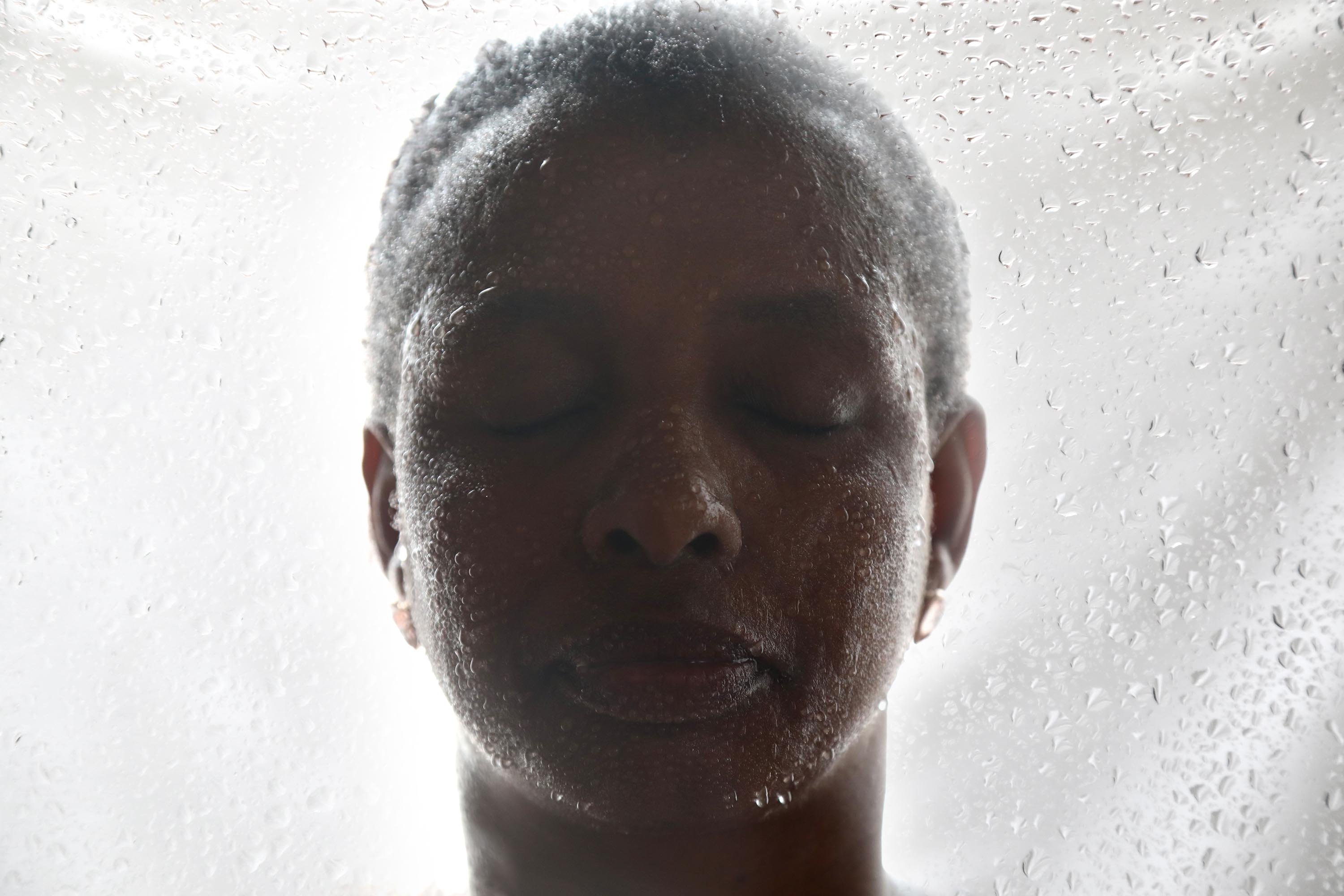Photography by Belinda Mason

Sexual violations against persons with mental disability is on the increase. In a systematic review (2014), the WHO reported that adults with disabilities are 1.5 times more likely to be victims of violence than people without disabilities whilst people with mental health conditions are nearly four times more likely to be victims of violence.
People with mental disability are more vulnerable to sexual abuse than the general population due to factors such as powerlessness, lack of assertiveness, reliance on others, communication difficulties, impaired judgment and lack of sexual knowledge. In 86.5% of the cases that we deal with, the perpetrators are known to their victims with intellectual disability, and are either members of the family, close neighbours or friends (Cape Mental Health Society, 2008). These perpetrators often have little fear of retribution as they perceive their victims as ‘safe’ or easy targets, who are incapable of reporting the violation. Their victims are easily intimidated and are perceived by the perpetrators as unlikely credible witnesses.
Common misconceptions are that victims with mental disability are less sensitive to trauma and suffering because their level of understanding and lower functioning. People with mental disability, who have been assaulted, are as vulnerable to post-traumatic stress as other people. Victims in poorly resourced or indigent communities are further disadvantaged by having fewer resources to help them deal with this life altering trauma.
Cape Mental Health runs a unique award winning Sexual Abuse Victim Empowerment (SAVE) programme that empowers people with mental disability, who are complainants in sexual abuse cases, with access to justice. This programme won an international Zero Project award in 2015 as well as other national awards. We intervene by preparing complainants for the court proceedings and by helping the legal system to understand and adapt to their special needs. We have developed a model for clinical assessment and expert witness with enormous potential to influence both prosecution and conviction outcomes. Social workers provide court preparation services, case planning and assistance through the court process to ensure that the complainant receives emotional support, information and counselling. The programme also raises awareness amongst public prosecutors and police when dealing with complainants with intellectual disability, by training them in appropriate interviewing skills and developing an understanding of how to work with people with mental disability.
Without the specialised psycho-legal service provided by the SAVE programme, these complainants stand little or no chance of gaining legal redress in accordance with their RSA Constitutional Rights and the protection and access to justice as underpinned by the UN Convention of the Rights of Persons with Disabilities. The absence of the SAVE programme often results in a poor response by the police due to an inability to understand the need for extra support or due to incorrect assumptions about disability. Effective liaison with the South African Police Services and the Sexual Offences Courts is essential in helping prepare the system to cope with vulnerable complainants. It is only with a great deal of specialised support that vulnerable complainants and their families are likely to pursue legal steps and seek redress in a system and a society where their right to protection and access to justice is often undermined.
“The future depends on what we do today”.
Mahatma Gandhi